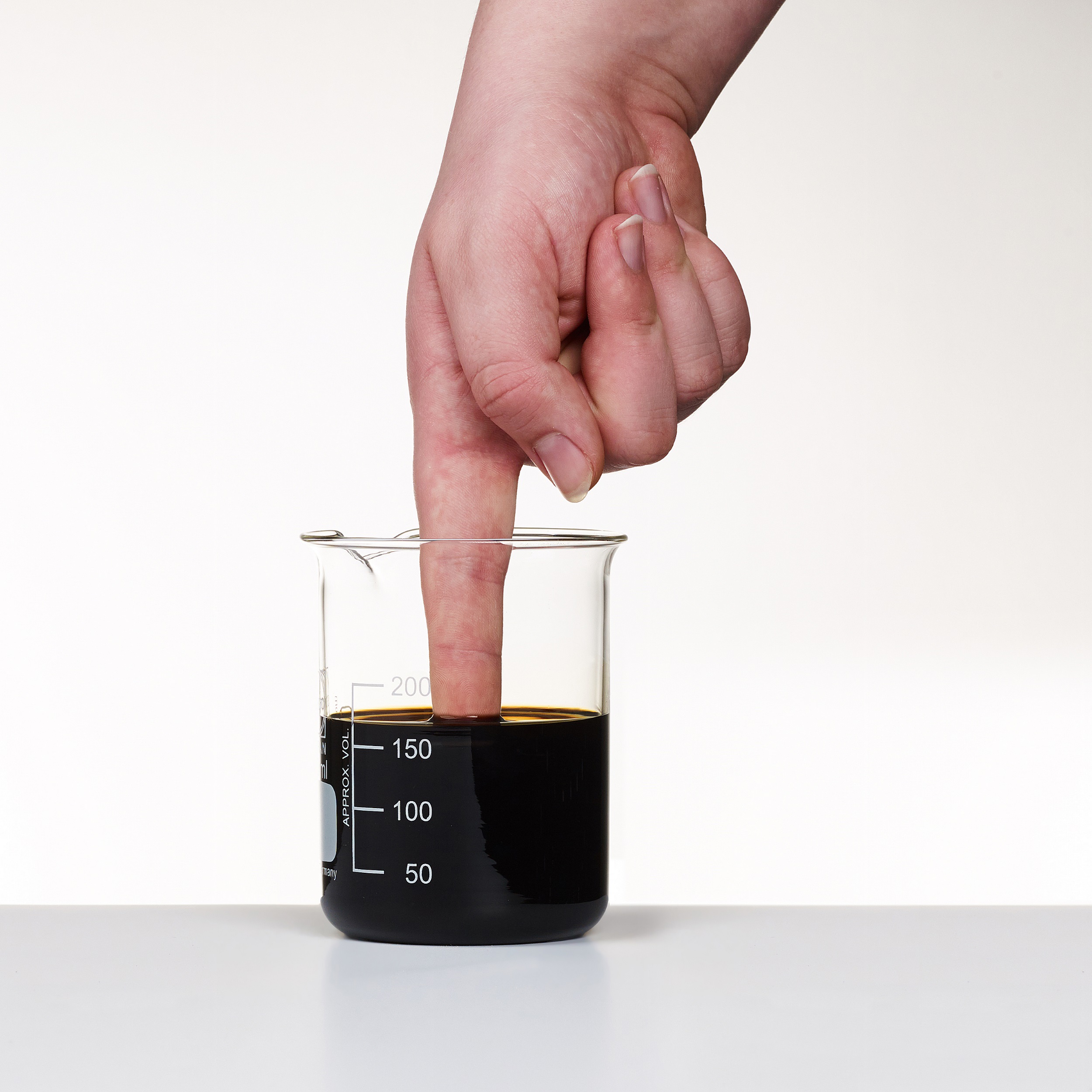Now that we are in the middle of summer, we are facing the dangers of high temperatures combined with high humidity. The effects of heat generation at the feed fence and in the silage are often underestimated even though these can influence the feed quality to a considerable degree.
With warm weather and feeding once a day there is a big risk of moulds and yeasts growing in an explosive manner. This is detrimental to the quality of the feed ration as it reduces the nutritional value and in addition it raises the risk of mycotoxins being formed. It also significantly reduces the feed’s palatability which leads to reduced feed intake. For that reason, it’s important to take additional measures to prevent this happening in the summer.
Use as heat inhibitor in TMR
 The use of SoftAcid® II+E lends itself really well to counteract heat generation at the feed fence. A combination of organic acids that are ideally suited to cattle feed enables SoftAcid® II+E to ensure the feed ration has a low pH and this keeps the feed fresh by inhibiting fermentation. An additional benefit of SoftAcid is a considerable reduction in the corrosive effect compared to regular organic acids, so that the chance of corrosion in the feeder cart and feeding trough is minimised.
The use of SoftAcid® II+E lends itself really well to counteract heat generation at the feed fence. A combination of organic acids that are ideally suited to cattle feed enables SoftAcid® II+E to ensure the feed ration has a low pH and this keeps the feed fresh by inhibiting fermentation. An additional benefit of SoftAcid is a considerable reduction in the corrosive effect compared to regular organic acids, so that the chance of corrosion in the feeder cart and feeding trough is minimised.
Usage for treating cut surfaces
Prevention of heat generation starts with good silage quality. Compact silage and a smooth cut surface are vitally important in this regard. Even with good care, and especially when the feeding speed is limited in the summer (<2 metres/week), mould formation can occur on the cut surface. Treating the cut surface with SoftAcid® II+E prevents heat generation.
In addition to the organic acids for preventing heat generation, FeedValid also has acids that are suitable for other applications, such as the acidification of drinking water or calf milk, acidification of liquid feeds and conservation of CCM.
SoftAcid 2+E
Advice
- TMR stabilization
- Treatment of silo cut surfaces
- Acidification of calf milk
Benefits
- As effective as pure organic acids
- No negative effects on feed intake, even at high doses
- Strongly inhibiting salmonella and coli
- User-friendly and safe, because not little aggressive
- Significantly reduced corrosion on steel and concrete
- Low pH
- “Soft effect”, even when in contact with water
- TMR is safely protected against heating
- Acidified milk is very well accepted by calves
- Non-dangerous good






